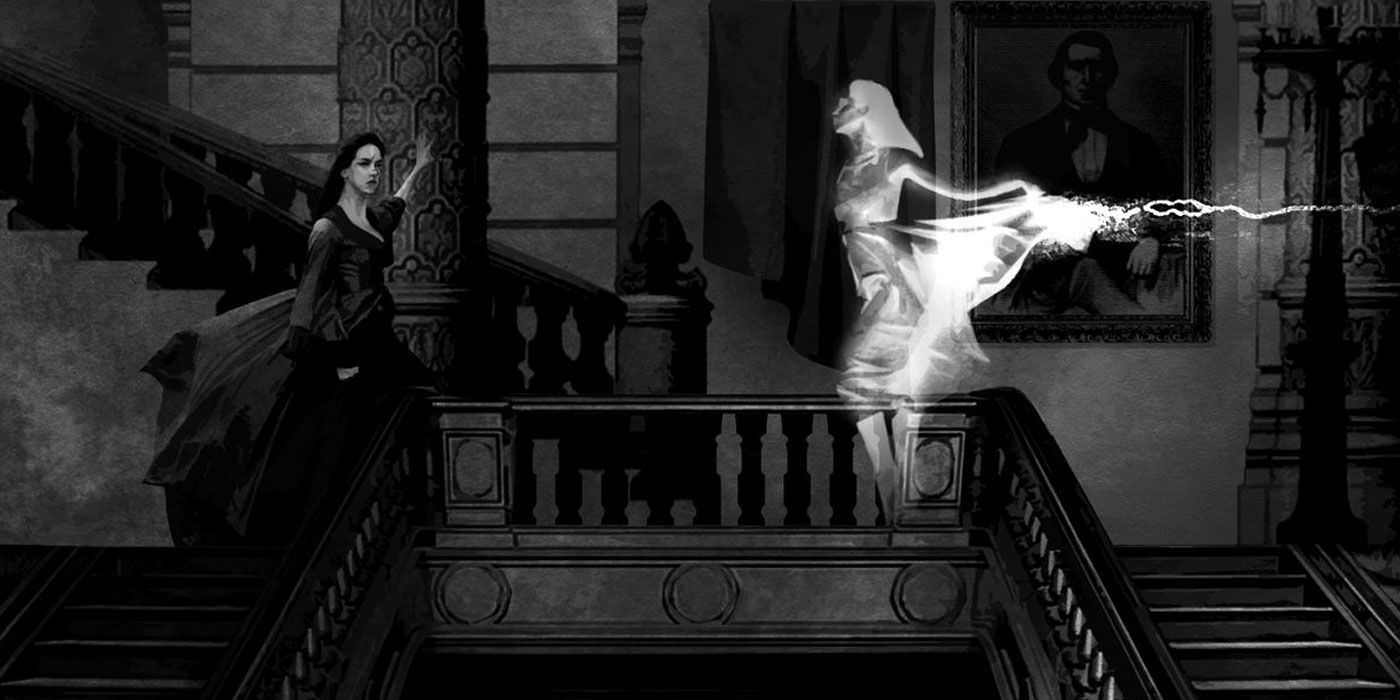Blades in the Dark is a much-loved tabletop role-playing game with a focus on narrative, quick and fluid action, and a dark, risky setting. The most significant selling point of the game is its simple and easy-to-understand mechanics that allow players to pick up the game, make characters, and run a session within moments. The setting is unique too, with a faint reference to the Dishonored series in the aptly named city of Duskvol.
Blades in the Dark has several groundbreaking mechanics focused on helping the player navigate the dark city of Duskvol. These mechanics are simple, with the main method of rolling with 6s being easily collapsable back into a core mechanic. One of the most prevalent mechanics in Blades in the Dark is clocks. Clocks are a great way to measure progress and training, as well as to determine the outcome of other narrative moments. It can be used to build tension and suspense. Here's how the clock rule can be translated to Dungeons & Dragons to enhance gameplay.
Group Stealth Checks in base Fifth Edition leave a lot to be desired. Often parties go one of three ways: The DM decides that one failed Stealth check breaks the entire party's Stealth, the whole party succeeds if half or more of the group succeed in their checks, or a player fails their check and is discovered and the rest of the party remains undetected.
This is where clocks can help change the way these checks are conducted. Instead of having the fate of the party determined by one role, create a clock for the enemy party's awareness, with several segments equal to their general ability to perceive the surrounding environment. Have the party then make repeated Stealth Checks through every action that would endanger their Stealth. Raise the DC for these checks slightly, then tick down the clock for every failure they make. Once the clock is depleted, the enemies are alerted.
Say a player wants to engage in a long-term project like training, the advancement of particular skills or attributes, or the acquisition of a particular feat. Clocks can come in handy here too. If the player's goal seems realistically possible, then create a clock and determine the number of segments on that clock based on what they're doing and how they want to do it. As a general measure, goals that forever change a character's stats or abilities should be higher than those that don't. For every two or three hours this player spends working on that project, allow them to make a particular check. On a success, add a single segment to the clock. Once the clock is filled in, then the player has earned what they want.
Often running large-scale conflicts in a session can be awkward. Trying to manage that many spinning plates can often either leave a DM confused or run up turn time. While there are methods to reduce the stress associated with large-scale conflicts, it can still present a significant problem. This is where clocks can once again come in handy.
In a conflict, create a clock for each different faction taking part, giving them a number of segments equivalent to their rough numerical presence on the battlefield. This represents the group's morale. As players and key enemies take successful actions during combat to shift the tide of battle, reduce the other opposing clocks by one segment. When a clock reaches zero, that faction breaks and tries to flee. A DM can add additional clocks that affect other factors with various effects, like a bridge crumbling between two parties as they fight or an incoming sandstorm that severely reduces vision. This system allows the DM to implement many elements to an encounter that'll make it all the more memorable.
Contested clocks are a smaller-scale version of morale clocks used for individual contests that the DM feels might be better being drawn out, rather than being the result of one check. Say two players want to have a drinking contest, or compete in a contest of strength or accuracy. Grant each player a clock with a number of segments appropriate to the contest at hand. Have each player enter initiative and make checks to try and further their own clock or hinder the other player's clock, adding or detracting a segment depending on the results. The player that fills their clock first wins the contest.



